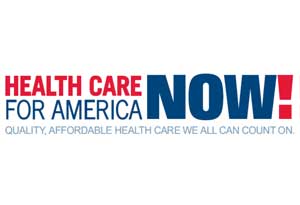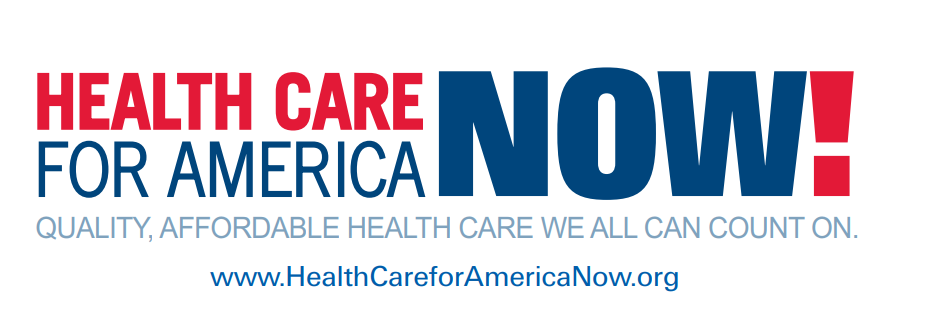- Like
- Digg
- Del
- Tumblr
- VKontakte
- Buffer
- Love This
- Odnoklassniki
- Meneame
- Blogger
- Amazon
- Yahoo Mail
- Gmail
- AOL
- Newsvine
- HackerNews
- Evernote
- MySpace
- Mail.ru
- Viadeo
- Line
- Comments
- Yummly
- SMS
- Viber
- Telegram
- Subscribe
- Skype
- Facebook Messenger
- Kakao
- LiveJournal
- Yammer
- Edgar
- Fintel
- Mix
- Instapaper
- Copy Link
West Virginia Consumers Pay the Price
For Health-Insurance Market Failure
A few private health insurance companies have built a near-monopoly in the West Virginia market, burdening families and businesses with premiums that grew four times faster than wages from 2000 to 2007. The state’s 2 largest health insurers hold a 54 percent share of the West Virginia market, according to a 2008 study by the American Medical Association. Under a U.S. Justice Department rating system the state is considered “highly concentrated.”
Some argue that health insurance industry competition across the U.S. is ample. In fact, research shows a startling and consistent absence of competition as the industry consolidates with more mergers and acquisitions. For example, according to a nationwide survey by the Government Accountability Office, the median statewide market share of the largest insurer selling coverage to small employer groups increased to 47 percent in 2008 from 33 percent in 2002. Americans pay for this consolidation in the form of higher health plan premiums, surging insurance company profits, and a growing number of uninsured people.
The negative effects of consolidation are most visible when viewed at the local level. In the Charleston area, for example, the top insurer controls a 45 percent share of the market, including self-funded employer-sponsored health plans. In many metropolitan areas across the nation, dominant health insurers have prevented new competitors from entering the market and allowed the most powerful hospitals and doctors to raise rates with minimal resistance. Contrary to the insurance industry’s assertions, the low level of health insurance industry competition across the U.S. is unhealthy for individuals, businesses and the economy. Freedom from genuine competition allows West Virginia insurers to reap oversized profits and raise premiums with impunity.
In West Virginia:
• Coventry Health Care Inc., the state’s biggest health insurer, controls 36 percent of the West Virginia market. Together with Acordia Inc., the second largest, they control 54 percent of the market.
• Some local markets are more concentrated. In Charleston, Coventry and Aetna Inc. together
hold 67 percent of the market.
• Health insurance premiums for West Virginia working families have skyrocketed, increasing
75 percent from 2000 to 2007.
• For family health coverage in West Virginia during that time, the average annual combined premium for employers and employees rose from $6,844 to $11,970.12
• For family health coverage in West Virginia, the average employer’s portion of annual premiums rose 81 percent, while the average worker’s share increased 56 percent.
• From 2000 to 2007, the median earnings of West Virginia workers increased 19 percent, from $19,876 to $23,599. During that time health insurance premiums for West Virginia working families rose four times faster than median earnings.
If one company holds more than a 42 percent share of a market the U.S. Justice Department would consider that market “highly concentrated.”15 The U.S Justice Department uses a rating system based on market share to determine if a market is concentrated or highly concentrated. If the market is rated from 1,000 to 1,800, it is considered to be “concentrated.” Markets rated higher than 1,800 are deemed to be “highly concentrated.” This means that an insurer could raise premiums and/or reduce the variety of plans or quality of services offered to customers with impunity.
PDF BELOW:
Read more about how WV CAG supports healthcare in our work here.




